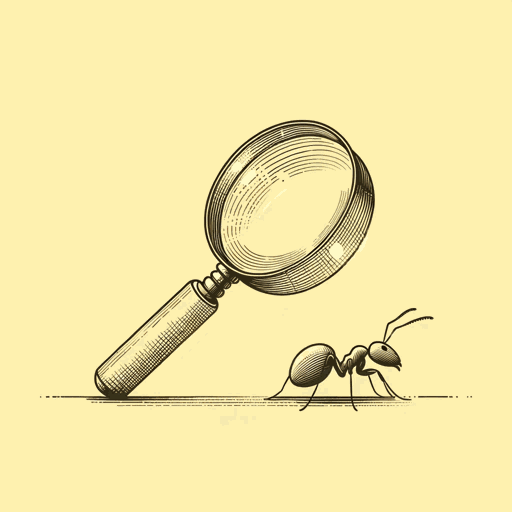48 pages • 1 hour read
Edward O. WilsonLetters to a Young Scientist
Nonfiction | Autobiography / Memoir | Adult | Published in 2013A modern alternative to SparkNotes and CliffsNotes, SuperSummary offers high-quality Study Guides with detailed chapter summaries and analysis of major themes, characters, and more.
Background
Social Context: The Uses and Misuses of Science
Content Warning: This section discusses eugenics and scientific racism.
At several points in Letters to a Young Scientist, Wilson describes science as the foremost, if not the only, source of truth in human beings’ understanding of the world. This is a lofty ideal, and it sometimes pays off. Genuine scientific inquiry is indeed a rigorous and well-established way to determine new facts about the world. When scientists think they have learned something new through an experiment, other people must conduct that experiment for themselves to ensure that the alleged discovery is sound. This is an excellent way to ensure academic rigor in all branches of science. Today, science is crucial in solving some of the most important problems facing humanity. Climate change, the spread of diseases, and the loss of biodiversity are just a few of the major issues that scientists are working hard to understand and solve.
When it is done well, science is a major force for good. However, good science requires intellectual honesty, the removal of personal bias, and an unerring commitment to truth. Throughout history, some scientists (even those who have done extraordinary work) have let bias and harmful misconceptions impact the conclusions they have drawn. Scientific racism is a term for various racist beliefs that were once held to be valid scientific theories.
Related Titles
By Edward O. Wilson

Consilience
Edward O. Wilson

Half-Earth: Our Planet’s Fight for Life
Edward O. Wilson

On Human Nature
Edward O. Wilson

The Diversity of Life
Edward O. Wilson

The Future of Life
Edward O. Wilson

The Meaning of Human Existence
Edward O. Wilson

The Social Conquest of Earth
Edward O. Wilson

